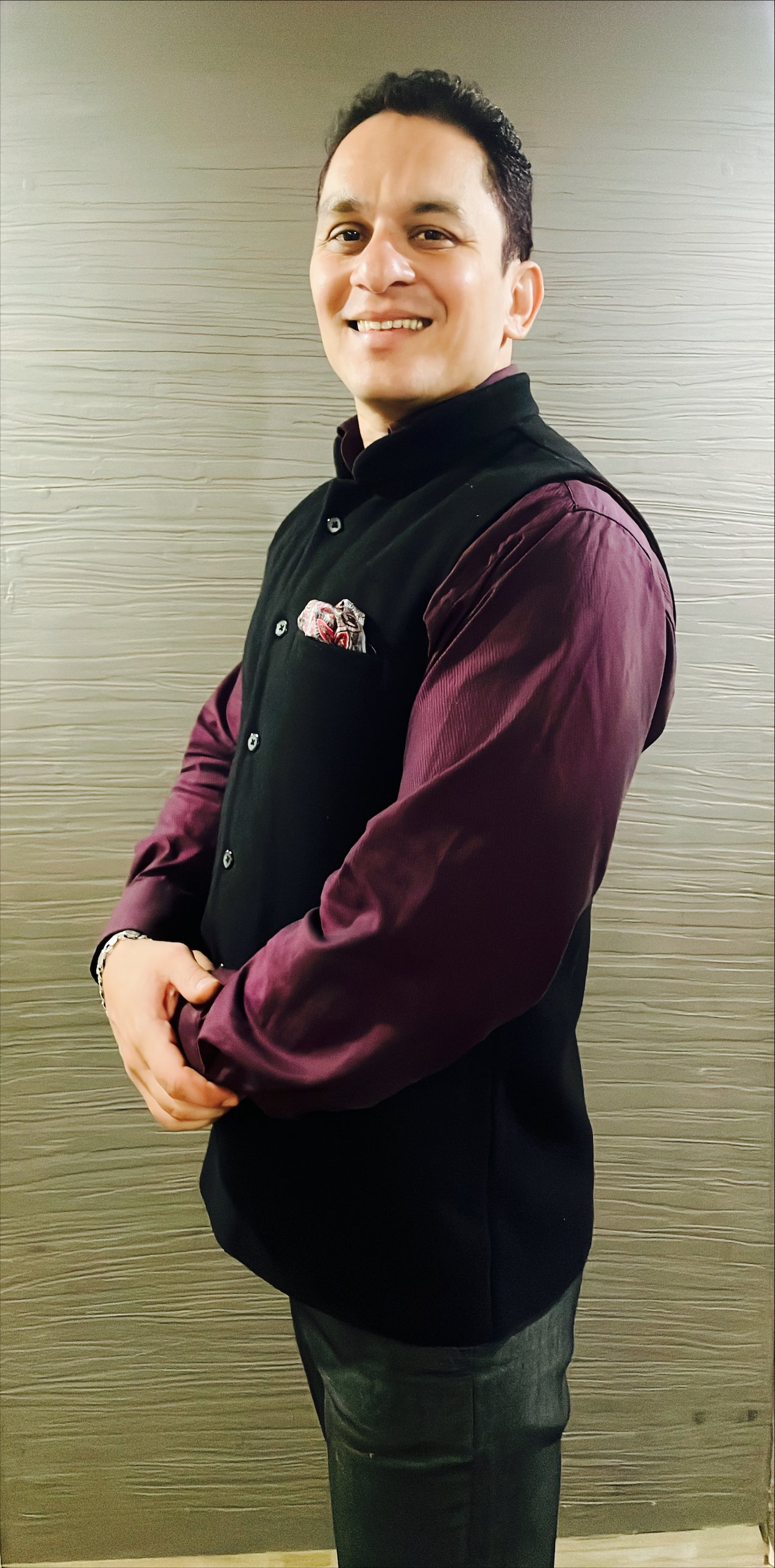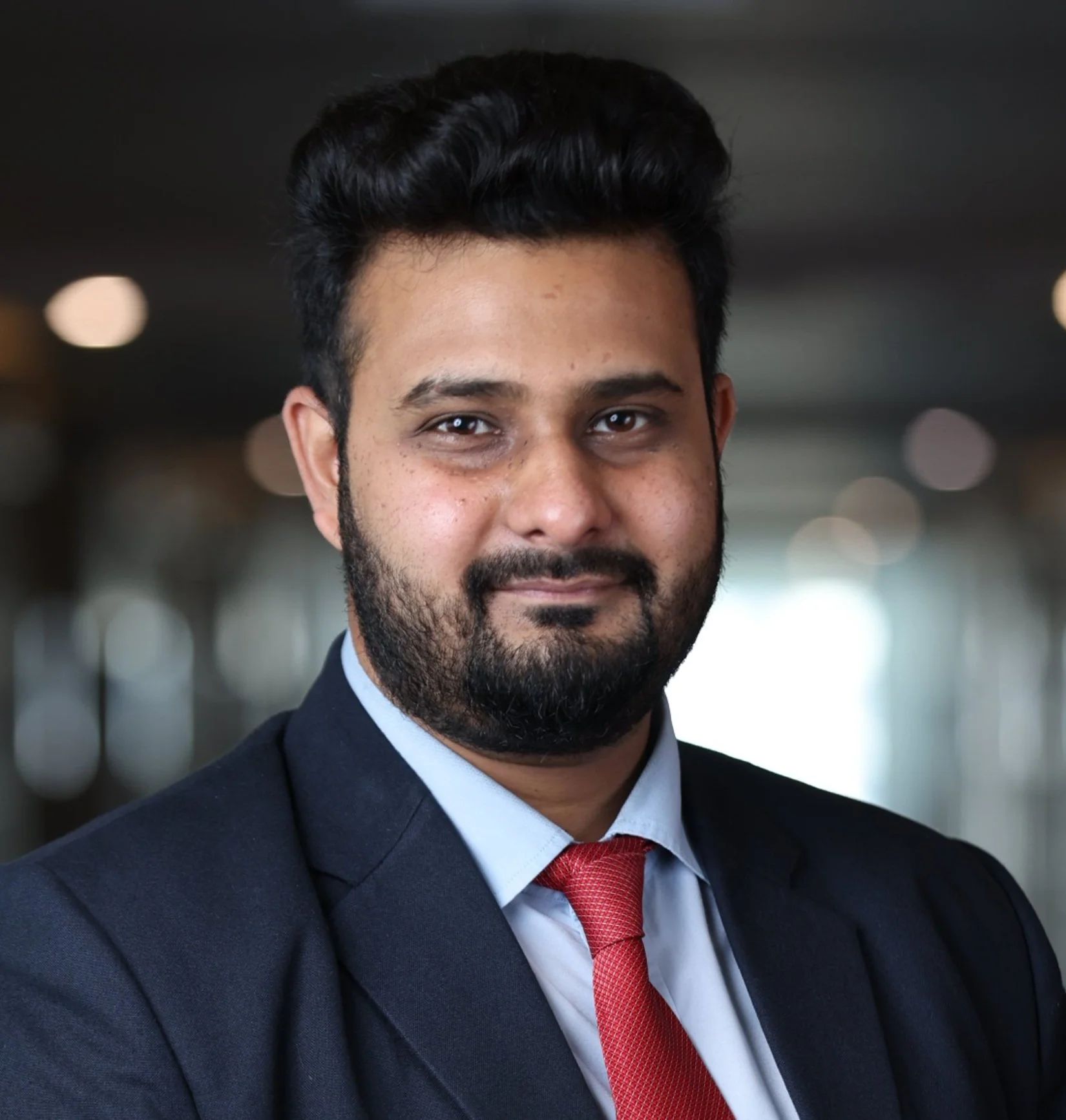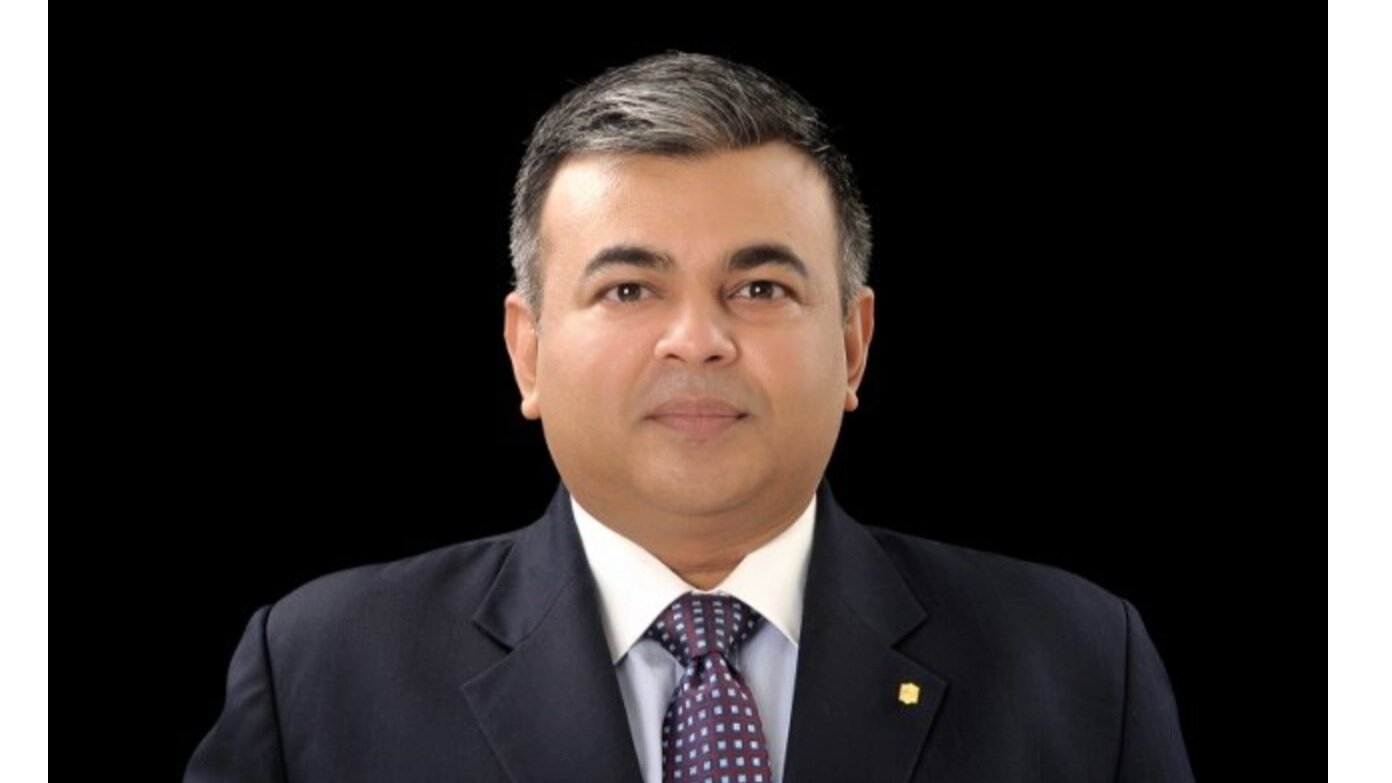Tell us about your journey. How did it all start?
Started with F&B production @ Jaypee and moved to ITC Maurya 2002-2005. Pursued PG in HM and moved into Sales. Worked with mid scale, upper upscale and luxury hotels and turned the tables around in terms of revenue and marketing.
What do you think it takes to succeed in this industry?
I think succeeding in the hotel industry requires a combination of various factors. First of all, having exceptional customer service skills is crucial. Another key factor is being adaptable and flexible. The hotel industry is dynamic and constantly evolving, so being able to adapt to changing circumstances and market demands is crucial for success.
This includes embracing new technologies, keeping up with industry trends, and continuously improving services and facilities. In summary, succeeding in the hotel industry requires a combination of excellent customer service, effective communication, cleanliness and hygiene standards, adaptability, strong leadership and management skills, attention to detail, and financial acumen.
Share with us 5 skills that you think will be critical for a hospitality career in the future. FINANCIAL MANAGEMENT, TECHNOLOGY SAVVY, CUSTOMER SERVICE, EYE FOR DETAIL
The new, young traveler wants experiences and insta-ready content. What do you have in store for them?
We understand that the new generation of travelers seeks unique experiences and content for their social media platforms. As a hotelier, we have tailored our services to cater to such demands. VANAAM HOTELS & RESORTS offer a range of exciting activities and local experiences that are perfect for young adventurers, as a hotelier, we have thoughtfully tailored our services to meet the desires of the new generation of travelers. From exciting experiences and Instagram-worthy spots to modern amenities and personalized itineraries, we are committed to providing young travelers with memorable stays and content-worthy experiences.
What does the future look like? For the industry, you, your project / initiative.
The future of the hotel industry holds immense potential for personalization, sustainability, co-working spaces, and smart technologies. Embracing these trends and constantly staying ahead of consumer demands will be crucial for hotels and businesses within the industry to thrive in the evolving landscape.
In terms of my project/initiative, I envisage a future that is centered around personalization and enhanced guest experiences. By leveraging data analytics and artificial intelligence, hotels can gather valuable insights about their guests, enabling them to provide tailored services and create unforgettable stays. This could include personalized room preferences, curated recommendations, and seamless integration of digital technologies within the hotel experience.
What are the attributes you look for while selecting or hiring?
When choosing someone to work in hotel sales, there are certain things we look for.
First, we want them to be friendly and helpful. This means they are nice to people and always ready to assist.
Second, we want them to have good communication skills. This means they are able to talk to others clearly and understand what others are saying.
Third, we want them to be organized. This means they can keep things tidy and remember important details.
Fourth, we want them to be responsible. This means they can be trusted to do their job well without constant supervision.
Lastly, we want them to be enthusiastic. This means they are excited about their work and can show it.
What is your favourite interview question & why?
My most favorite question to ask during a hotel sales interview is "Can you tell me about a time when you had to go above and beyond to satisfy a customer?"
I really like this question because it helps me understand how dedicated and willing the person is to provide excellent customer service. By hearing their story, I can see if they have a caring and helpful nature, which is crucial in hotel sales.
Describe an ideal hospitality professional.
An ideal hospitality professional is someone who is kind, friendly, and always ready to help others and a problem solver . They make sure that everyone who visits or stays at a hotel or restaurant feels welcome and happy. They are good listeners and pay attention to details in order to fulfill the needs and wishes of the guests. It's important for them to be patient and understanding, especially if the guests have any concerns or questions.
They also keep everything clean and organized to create a pleasant and comfortable environment for everyone. In short, an ideal hospitality professional makes sure that everyone has a great experience and feels like they are at home.
Share some of your secrets in keeping an engaged, safe and happy team.
1. Treat Everyone with Kindness: Always be nice to your team members and treat them with kindness. It's important to be friendly and helpful so that everyone feels good and happy working together.
2. Communication is Key: Talk to your team members and listen to what they have to say. Be a good listener and share your thoughts too. When we communicate well, we understand each other better and can work together happily.
3. Make Everyone Feel Included: It's important to make sure everyone feels like they belong in the team. Include everyone in activities and projects, and be a good friend to everyone. When we all feel included, we can have fun and enjoy our work together.
4. Be Safe and Caring: Safety is very important. Always be careful and help others stay safe too. If someone gets hurt or feels sad, be there to comfort and help them. Being caring and looking out for each other is a secret to a happy team.
5. Have Fun Together: Work is important, but having fun with your team is also important. Play games, tell jokes, and laugh together. When we have fun, we become happier and our team becomes stronger.
Share with us some new learnings from this project for you, personally.
VANAAM HOTELS is a very new project and growing everyday. With the presence of our Lux and upper upscale hotels majorly in Northern India- Jaipur, Faridabad, Ranthambore, Pushkar we are eyeing on more hotels with west and south. Everyday is a new learning working with different people and meeting different clients coming from all parts of life. This gives me throttle to deliver more in an effective and efficient manner. Working in this system we get used to certain standards and we forget that we are a human being and NOT a machine, so I think, running an extra mile and delivering your best is the learning .
What makes you strange?
My approach towards handling the situations and meeting clients in a friendly way just make them feel at home .
What does not exist in the world, but you would like it to?
Wouldn't it be wonderful if everyone in the world could be kind and caring towards each other? Like a magical spell that would make everyone treat one another with love and respect. That would make our world such a beautiful place to live in!
How do you think AI will impact our industry? Specific jobs, processes etc?
In hotels, there are different jobs that people do, like cleaning the rooms, giving you the keys, or answering your questions. With AI, some of these jobs could change. For example, robots might help clean the rooms. They can move around and make sure everything is neat and tidy.
AI can also help in processes or tasks like checking in and out. Instead of going to a person at the reception desk, you might see a computer or a machine where you can enter your information. It will give you the room key and answer your questions too. This way, you can do these things even faster!
Another way AI can help is by making things easier for the hotel staff. They might use machines to carry heavy things or deliver food to your room. This way, the workers can focus on more important things to make your stay nicer.
But don't worry, even with AI, there will still be people working in hotels. They will always be there to help and make sure everything is going well. AI will just make their work a little different and more efficient.
















